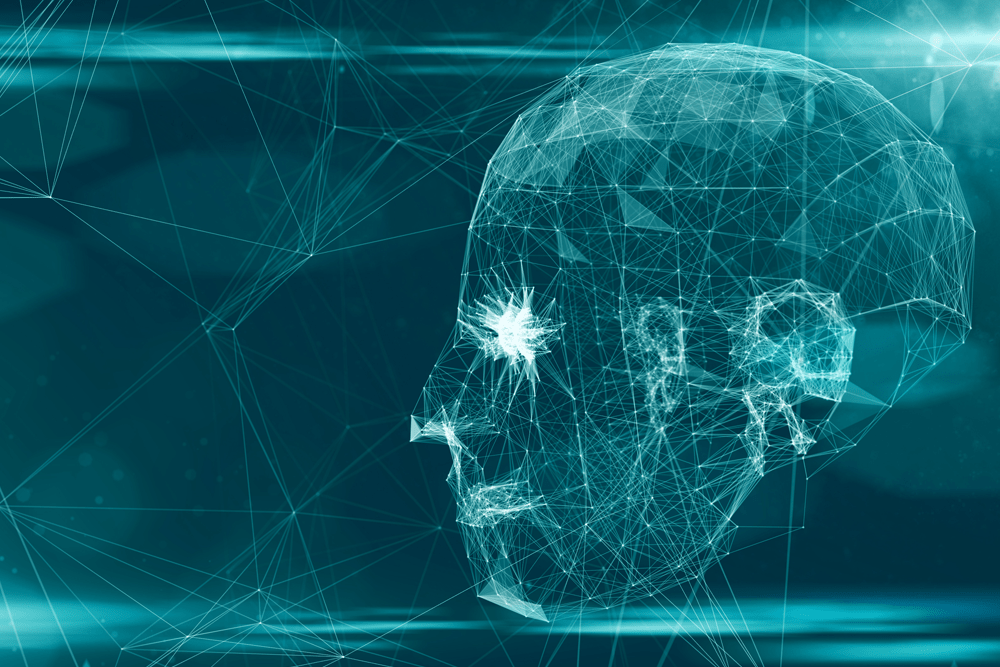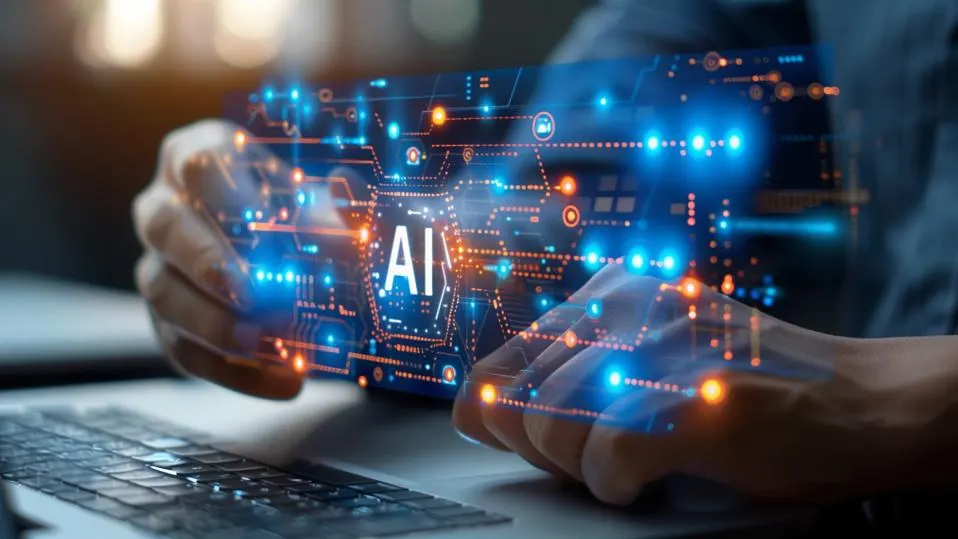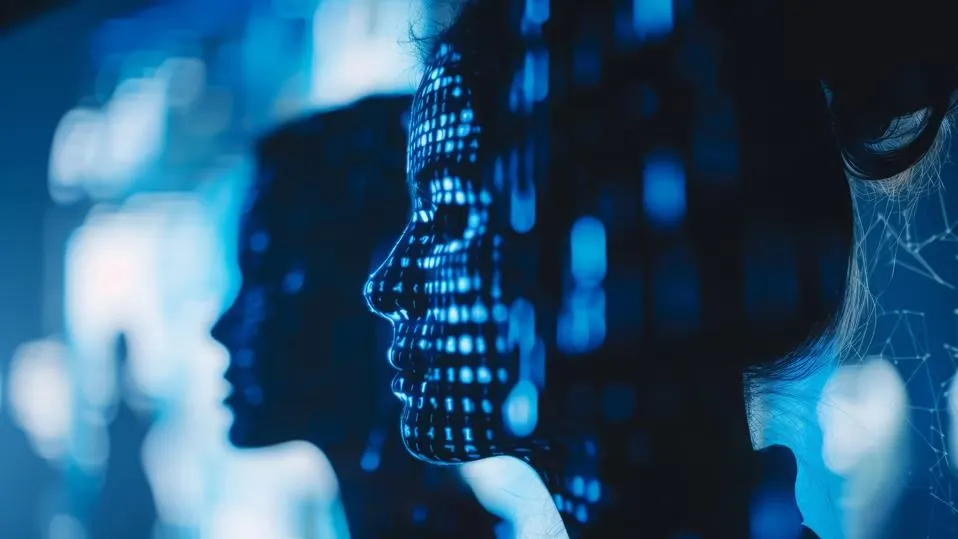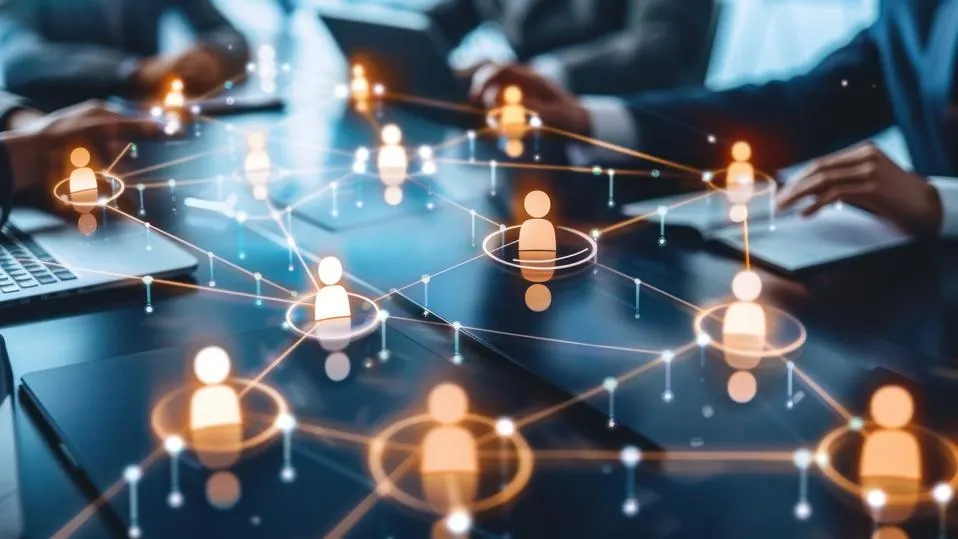How Big Data And AI Help Us Tackle Big Issues – From Climate Change And Energy Problems, To Healthcare And Safety
2 July 2021
Can computers solve all our problems? Well, when combined with the creative power of humans, the answer is… maybe. Every day, we get closer to solving some of the most complex and serious problems facing humanity through use of new technologies including big data and artificial intelligence (AI).

Climate Change
Modeling climate changes on a global scale remains a very complex and complicated proposition, but AI and big data are making it a bit easier for scientists to understand and predict the effects of climate change.
AI might also help scientists and lawmakers make the best decisions based on the best information today. One system has been designed to help scientists choose the best models for the effects of climate change to help them protect endangered species more effectively.
One of the impacts of climate change we’re already feeling is extreme weather patterns. A Google-backed AI startup called Verily looks to help disaster first responders by rapidly crowdsourcing the verification of information during humanitarian disasters — for example, where people need the clean water, rescue, or other services in the immediate aftermath of a disaster.
A Swiss startup called Gamaya is currently developing a solution to combine analytics, hyperspectral imaging, and AI to help defend against their prediction of an impending food security crisis driven by the confluence of population growth, reduction of poverty, and climate change. The company is looking at how to use resources like water and fertilizer most effectively and predict yield to stave off years of drought and famine.
Energy
Along with a climate crisis, our world is also potentially facing an energy crisis as we draw ever closer to using up our supplies of oil.
Yet science continues to show that with the right investment in infrastructure, we can survive peak oil and continue to thrive in an energy-dependent society. In a report by Deutsche-Bank, researchers concluded that the cost of traditional energy from the grid and solar energy were reaching parity in several industrialized countries, making solar a much more competitive and attractive energy source. Right now, only around 2 percent of our global energy comes from solar, but that number is doubling every two years; that means that in less than 20 years, the world could meet all its energy needs through solar.
But conservation will also be a big part of that effort, and smart grids are a big step towards true energy conservation. AI systems will control smart grids around the world, distributing energy when it’s needed and rationing it when it isn’t. Google is already using a smaller version of this, employing AI to save on energy costs at its data centers to save millions of dollars.
More companies, municipalities, and governments will be able to put this sort of technology to use to conserve what we have and then supplement with new forms of renewable energy.
Healthcare
Big data and AI are already making important contributions to healthcare both in curing and preventing diseases.
AI and deep learning algorithms are helping human doctors detect and diagnose cancers and other diseases more quickly and accurately. And systems are being designed that will allow doctors to input systems, provide potential diagnoses, and then recommend a course of treatment based on the latest research.
In addition, it seems highly likely that medicine will become even more personalized with the help of AI and big data analytics. Already, scientists are testing cancer therapies based on the patient’s own unique DNA, and advances in AI and deep learning will make this sort of treatment faster and more economical to deploy on a larger scale.
Safety
While some people worry about the safety of AI itself (notably scientist Stephen Hawking and Tesla CEO Elon Musk), AI is already making our world a safer place.
Just recently, dashcam video emerged of a Tesla autopilot that appears to react to a crash in front of it before the crash actually happens. The car applied emergency braking to avoid the accident before the driver even realized there was going to be an accident.
This highlights the potential for self-driving cars using AI to avoid collisions and potentially save thousands of lives. Nearly 30,000 people die in car crashes each year in the U.S. alone, and proponents of self-driving cars say that many, if not most, of these crashes can be prevented with AI technologies.
Off the highway, a Boston-based startup, Evolv Technology, wants to improve travel with an AI-driven body scanner that can scan up to 800 people an hour. The company claims that travelers wouldn’t even have to slow down, let alone remove their shoes, jackets, and belts. The system also uses facial recognition technology to compare travelers to terrorist databases.
And on the information superhighway, MIT has developed an AI system that can predict and prevent up to 85 percent of cyber attacks with a high degree of accuracy. The system uses AI to compile a report, which is then presented to human analysts. The human analysts indicate which events were attacks and which weren’t, and then feeds that information back to the AI system, improving it incrementally each time. In demonstrations, the system is three times more accurate than other systems in use today.
This is just a small sample of some of the ways in which big data and AI are being used to try to solve some of our most pressing and complicated problems, and no doubt, as technology advances, so too will its ability to help save us from ourselves.
Related Articles
Can Your Device Run Apple Intelligence? What You Need To Know
Apple's announcement of Apple Intelligence has sent waves of excitement through the tech world.[...]
10 Amazing Things You Can Do With Apple Intelligence On Your IPhone
Apple Intelligence is poised to revolutionize the iPhone experience, offering a suite of AI-powered tools that promise to make your digital life easier, more productive, and more creative.[...]
Agentic AI: The Next Big Breakthrough That’s Transforming Business And Technology
The world of artificial intelligence is evolving at a breakneck pace, and just when you thought you'd wrapped your head around generative AI, along comes another game-changing concept: agentic AI.[...]
The Employees Secretly Using AI At Work
Imagine walking into your office and noticing your colleague Sarah effortlessly breezing through her tasks with uncanny efficiency.[...]
Battling AI Fakes: Are Social Platforms Doing Enough?
Since generative AI went mainstream, the amount of fake content and misinformation spread via social media has increased exponentially.[...]
Creating The Universal AI Employee Of The Future
Imagine a world where your most productive employee never sleeps, never takes a vacation, and can seamlessly adapt to any role you need.[...]
Sign up to Stay in Touch!
Bernard Marr is a world-renowned futurist, influencer and thought leader in the fields of business and technology, with a passion for using technology for the good of humanity.
He is a best-selling author of over 20 books, writes a regular column for Forbes and advises and coaches many of the world’s best-known organisations.
He has a combined following of 4 million people across his social media channels and newsletters and was ranked by LinkedIn as one of the top 5 business influencers in the world.
Bernard’s latest book is ‘Generative AI in Practice’.










Social Media